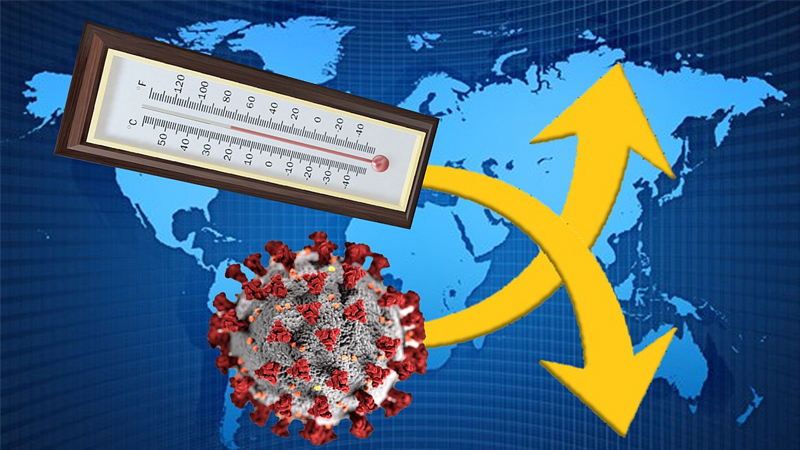Don't usually lift copy from NYT, but this is public health, so I am hoping it is ok:
Many Americans are worried that Johnson & Johnson’s Covid-19 vaccine is an inferior product that may not be worth getting. Gov. Doug Burgum of North Dakota recently told The Washington Post that he was now seeing not only “vaccine hesitancy” but also “the potential for brand hesitancy.”
The perception stems from the headline rates of effectiveness of the three vaccines: 72 percent for Johnson & Johnson, compared with 94 percent for Moderna and 95 percent for Pfizer. But those headline rates can be misleading in a few ways.
The most important measure — whether the vaccine prevents serious illness — shows the Johnson & Johnson vaccine to be equally effective as the other two. All work for nearly 100 percent of people. The picture is murkier for mild cases, but they are not particularly worrisome.
Today, I want to unpack the statistics about the three vaccines and explain why the current perception is a problem.
I’ll start with an anecdote that this newsletter has included once before: Dr. William Schaffner, an infectious-disease expert at Vanderbilt University, was recently talking with some colleagues about what they would tell a family member who could choose between getting the Johnson & Johnson tomorrow and one of the other vaccines in three weeks.
“All of us said, ‘Get the one tomorrow,’” as Schaffner recounted to my colleague Denise Grady. “The virus is bad.”
Mild Covid means victory
The headline effectiveness numbers — like 72 percent — describe a vaccine’s ability to prevent all infections from this coronavirus, known as SARS-Cov-2. But preventing all infections is less important than it may sound. The world is not going to eliminate SARS-Cov-2 anytime soon. Coronaviruses circulate all the time, causing the common cold and other manageable illnesses.
The trouble with this virus is its lethality. It has killed 15 times as many Americans as an average flu season. Turning Covid into something more like a mild flu or common cold means victory over the pandemic.
All three vaccines being used in the U.S. are accomplishing that goal. In the research trials, none of the people who received a vaccine died of Covid. And after the vaccines had taken full effect, none were hospitalized, either.
In the real world, the vaccines won’t achieve quite as stellar outcomes. Still, the results are excellent — and equally excellent across the three, as Dr. Cody Meissner of the Tufts School of Medicine said during a recent F.D.A. meeting.
Like running into the wind
But why doesn’t Johnson & Johnson appear to be as good at preventing mild illness?
There are a few possible answers. For one, Johnson & Johnson’s research trials seem to have had a greater degree of difficulty. They occurred later than Moderna’s or Pfizer’s — after one of the virus variants had spread more widely. The variant appears to cause a greater number of mild Covid cases among vaccinated people than the original virus.
Second, Johnson & Johnson is currently only one shot, while Moderna and Pfizer are two shots. That happened mostly because of how strong the Johnson & Johnson vaccine is. Initial testing showed it to deliver impressive levels of immunity after only one shot, while the others required a booster, as Dr. Robert Wachter, chair of the department of medicine at the University of California, San Francisco, explained to me.
The truth is that all of the vaccines seem to provide significant protection after a single shot. (Look at Britain, which is not rushing to give second shots and where cases and deaths continue to plummet.) Similarly, all three vaccines may benefit from a second shot.
I recognize that may make some people anxious about getting the single Johnson & Johnson shot, but it shouldn’t. If further data suggest that a second Johnson & Johnson shot would help, regulators can change their recommendation. Regardless, follow-up Covid shots may be normal in the future.
What’s the bottom line? A single Johnson & Johnson shot may indeed allow a somewhat larger number of mild Covid cases than two shots of Moderna or Pfizer. It’s hard to be sure. And it isn’t very important.
“The number that we should all truly care about is what are the chances I’m going to get this thing and get really sick or die,” Wachter said. After any of the three vaccines, he added, “There’s essentially no chance you will die of Covid, which is breathtaking.”






